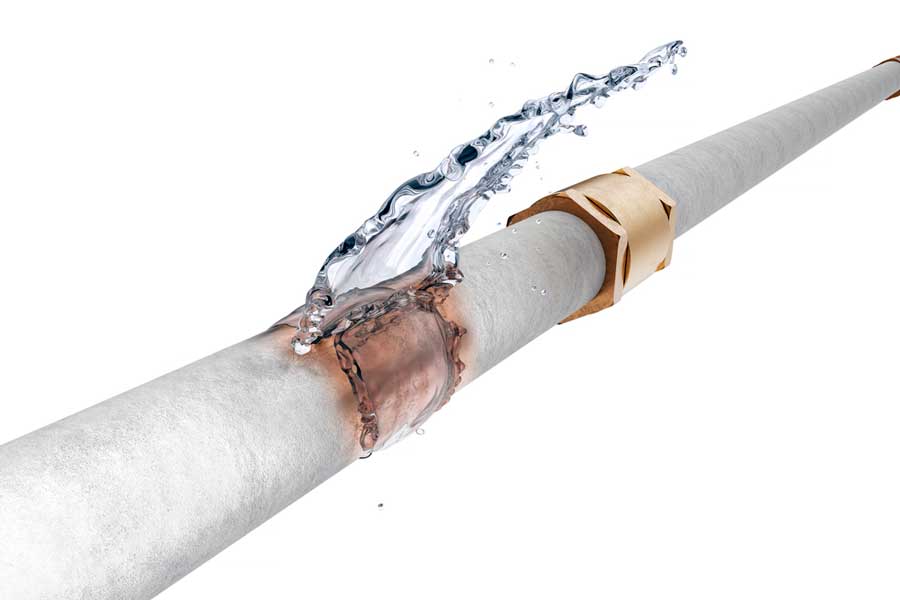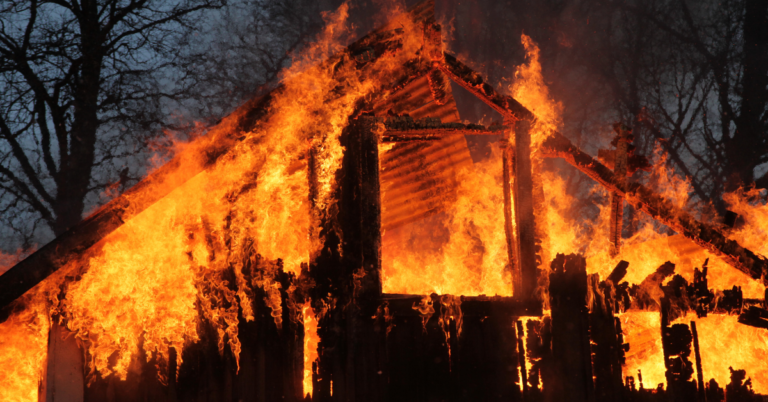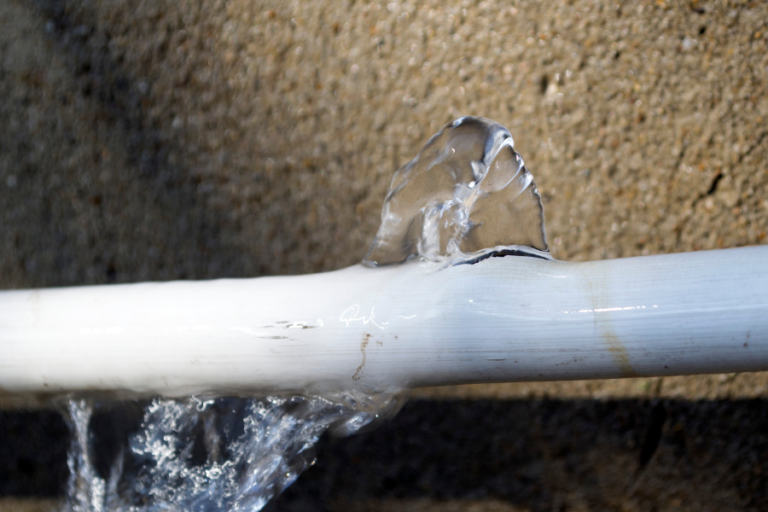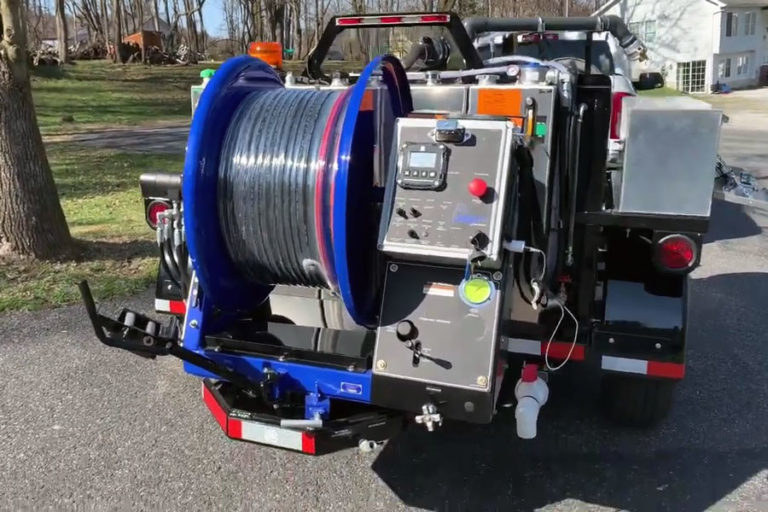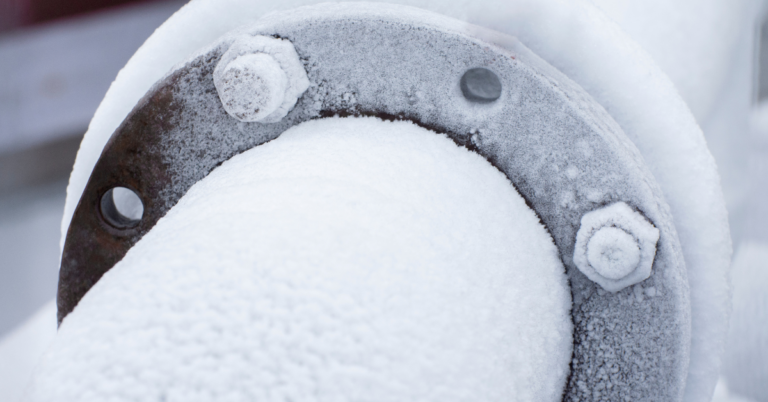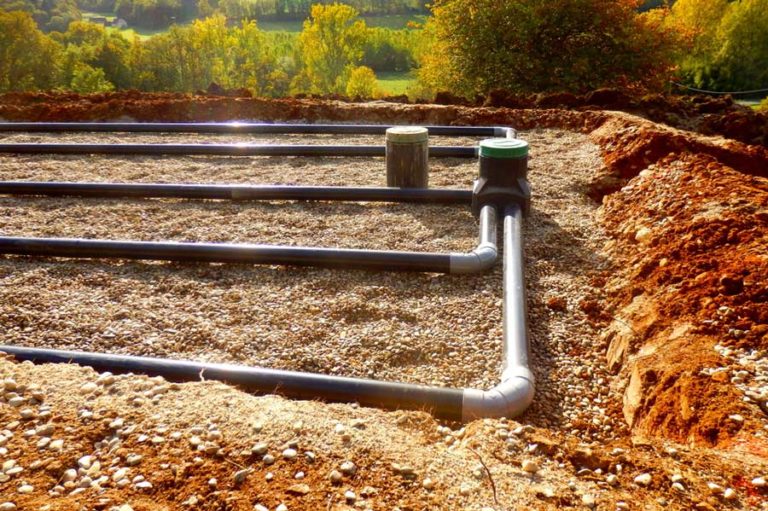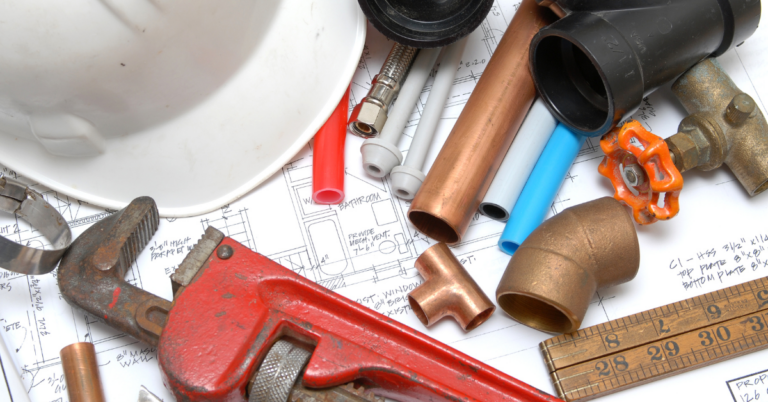Prevent Freezing Pipes From Causing Water Damage To Your Home
Every winter, about 250,000 families — most of which don’t know how to prevent freezing pipes — wake up to find a kitchen, bath, or basement flooded with water from a pipe burst. And it’s no joke. Other than a fire or a natural disaster, very few things can damage your home as thoroughly as a water pipe that freezes and bursts.
Not only will a frozen or burst pipe ruin your day, but it can also cause thousands of dollars of damage while chasing you out of the house and into a hotel. Your furniture, carpet, photos, and floors could be completely water-logged and ruined from a single bursting pipe.
Just a three-millimeter crack in a pipe can dump up to 250 gallons of water in your house in a single day. Whether your home is outfitted with copper or plastic PVC pipes, no one is immune to pipe bursts — both of these pipes can rupture.
How to Prevent Freezing Pipes
Fortunately, there are precautions you can take to stop freezing pipes and avoid the hassle of a messy, expensive pipe burst. If you want to steer clear of the rising floodwaters, follow these simple steps:
1. Bundle Up Those Pipes
Before winter arrives, take time to insulate all the exposed pipes in your crawl spaces, garage, and attic. Because these pipes are open to the elements, they are more vulnerable to freezing. Don’t be shy with the insulation — the more you use, the less likely your pipes will freeze and burst.
Use heat tape or thermostatically-controlled heat cables to wrap your high-risk pipes. Make sure the product is approved by an independent testing organization, such as Underwriters Laboratories. Use exterior tape for outside pipes and interior tape for indoor pipes, and carefully follow all the installation instructions.
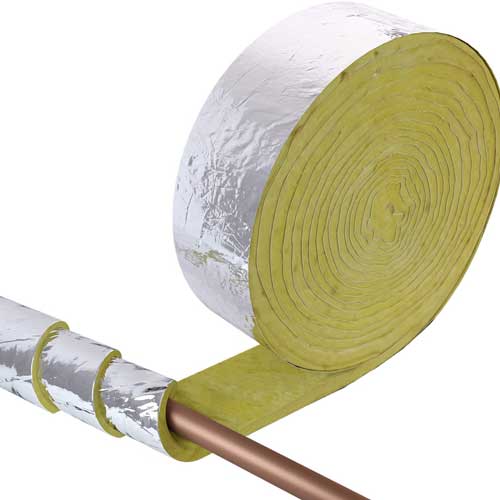
2. Seal the Cracks
Look for air leaks near your pipes. If outdoor air seeps through even a tiny crack, your pipes can quickly freeze and burst. To keep the cold out and the heat in, seal up every leak with caulk or insulation. We’ll admit that this job is a bit tedious but well worth the effort.
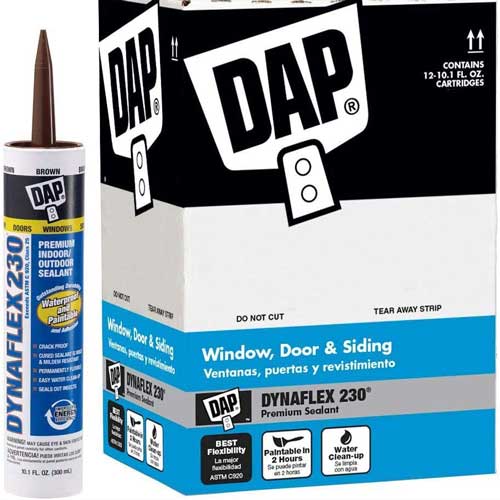
3. Put Away the Garden Hose
This one is super easy, but so many people don’t take this simple step. Before temperatures plummet (or right after your last lawn and garden task of the year), disconnect your garden hose. Shut off the water valve leading to the outdoor spigot and let all the water drain out from the spigot (you can get full directions here). Finally, store your hose indoors.
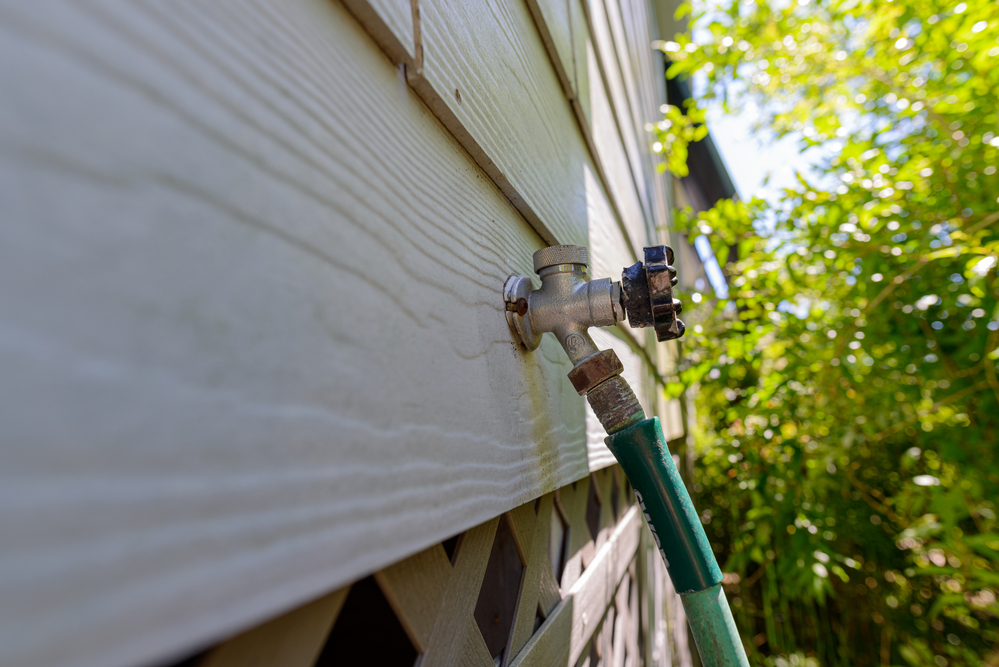
4. Bump Up the Thermostat
Never set your thermostat below 65 degrees in the winter. The temperature inside the walls and attic, where your pipes are located, is much colder than in the living areas of your house.
If you let the indoor temperature drop below 65 degrees, your exterior wall pipes are at high risk of freezing and bursting.
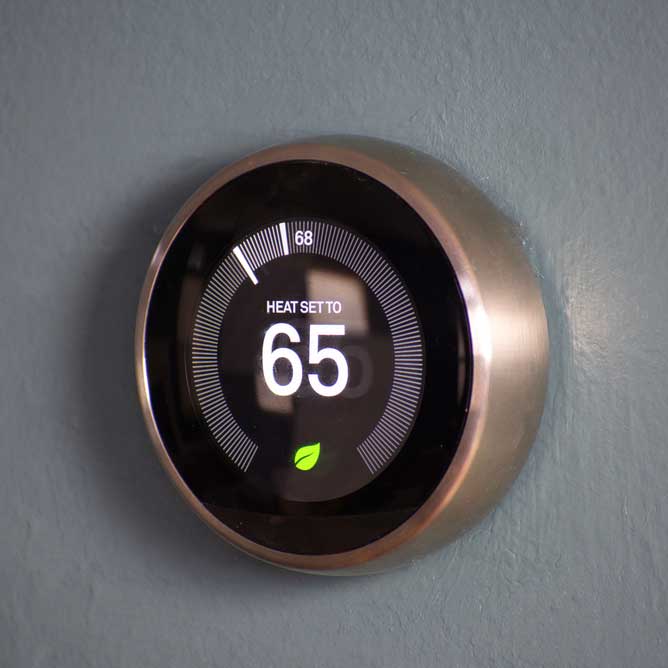
5. Let the Water Trickle
Turn on one faucet in your home and let warm water drip throughout the night. If possible, use a faucet in the basement or an outside wall. But the most ideal faucet is the one located furthest away from your main water supply shut-off. Even a tiny trickle of water can help prevent frozen pipes.
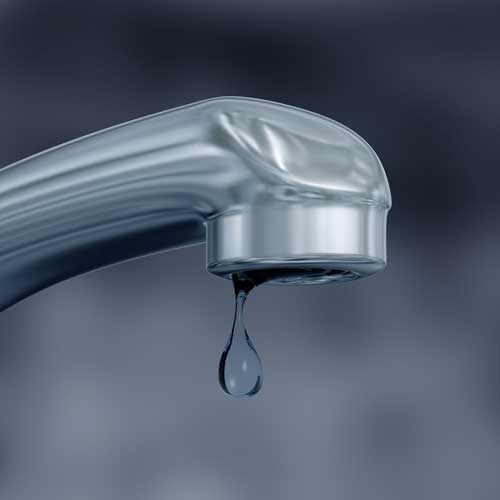
6. Protect Your Home When You’re Gone
If you’re going out of town, ask a friend or neighbor to check your house each day. Tell them to look for any signs of a burst pipe and make sure it’s warm in the home enough to prevent pipes from freezing (at least 65 degrees).
If you don’t have anyone who can check your home, consider shutting off and draining your water system before you leave. Keep in mind that if you have a fire protection sprinkler system in your house, it will be disabled when you shut off the water.
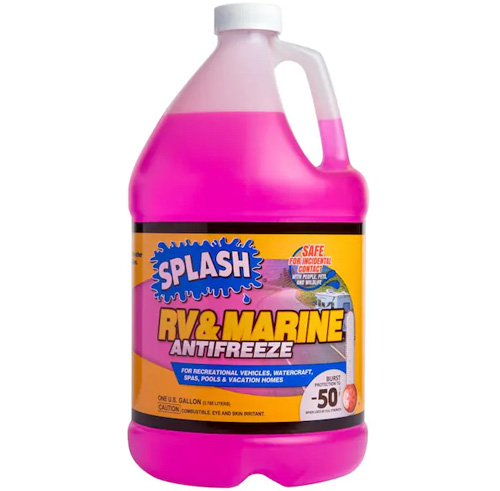
What Do I Do if My Pipes are Frozen?
If you turn on your faucet during freezing weather and no water comes out, it’s a good possibility that your pipe or pipes are frozen. Don’t panic. If you act fast, you can still prevent a plumbing emergency.
1. Call a Plumber Immediately
Your first step is to leave the faucet on and call a plumber immediately.
2. Keep the Problem from Getting Worse
In the meantime, begin thawing the frozen pipe yourself with a hairdryer. Start warming the pipe located as close to the faucet as possible. Then work your way toward the coldest part of the pipe. Never try to thaw a pipe with a torch or open flame.
What Do I Do if My Pipes Burst?
Now, if your pipe actually bursts, you have a full-blown emergency. Here’s what to do.
1. Call a Plumber Immediately
Immediately find and call a plumber who offers 24/7/365 emergency-response support. They should have experience with water damage, not just plumbing. You’ll need that extra experience for handling the aftermath of the damage.

2. Shut Off Your Main Water Line Valve
Your immediate next step is to turn off your water at the main shut-off valve and leave the water faucets on. It is typically located in a basement. Turn the valve (clockwise, to the right) to cut off the water supply.
3. Move Important Items Out of the Way
Move electronics, furniture, carpet, and other items away from the water. Start mopping up the water and try to make temporary repairs to protect your home from further damage.
4. Call Your Insurance Agent
You should also call your insurance agent or company as soon as possible. Although your insurance adjuster doesn’t need to see it before it’s cleaned up, you should at least inform them of your situation. Take photos just in case.
Be sure to save all of your receipts for any money you spend related to the pipe burst. Your insurance company may be able to reimburse you for temporary repairs. Try to avoid making expensive permanent repairs until your insurance adjuster has a chance to assess the damage.
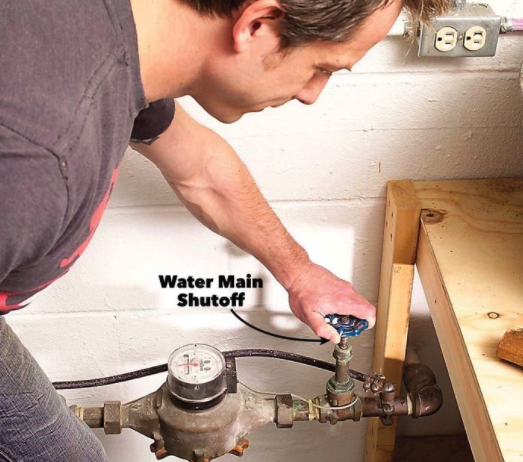
Bonus: Last-Minute Tips to Prevent Freezing Pipes
- Keep a door open between a heater room and an unhetaed room with pipes. This will bring heat into the unprotected area.
- Set an electric fan on your furnace to blow warm air over basement pipes.
- In addition to thermostatic heating tape, there are wrap-on and snap-on varieties of pipe insulation that will prevent freezing. Use them to easily insulate exposed pipes.
- If no commercial insulation is available and pipes must be protected immediately, wrap several layers of newspaper loosely around the pipes and tie with string.
- If the temperature suddenly drops and you have no time to install insulation, turn your faucets on to a trickle. This can help prevent freezing.
Final Thoughts
Obviously, no one wants to deal with the costly and messy aggravation of a pipe burst. To avoid this nightmare, take the proper measures to protect your pipes and your home. However, it’s also important to ensure your family is prepared to act swiftly and smartly if a pipe does rupture.
Related Resources
- What’s the difference? Winterization vs Insulation
- How to winterize a vacant house
- Here’s how to insulate exposed water pipes
- How to winterize a house with frost-free spigots
- Don’t risk a cold shower this winter: insulate your water heater
- 5 main types of plumbing pipes (pros and cons)
- Here’s how to winterize a house for complete protection
- Learn how to thaw frozen pipes with a hair dryer!
- Prevent freezing pipes from causing water damage
- Remove a stuck garden hose and winterize it properly
- Water damage services
Call 1-Tom-Plumber if You Need More Help
Don’t hesitate to contact us here or call us at 1-Tom-Plumber (1-866-758-6237). We will immediately handle any emergency plumbing, drain cleaning and drain clearing, and water damage problem, including excavation of underground water lines and sewer main lines.

